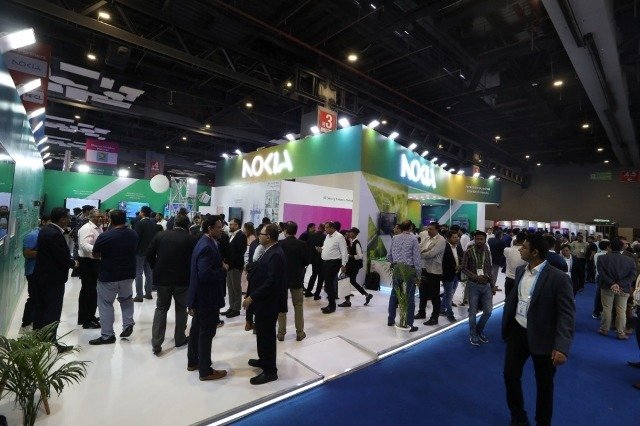Nokia has announced an investment of €360 million in software, hardware, and chip design at its Ulm and Nuremberg sites in Germany.
 Nokia’s investment is part of a four-year European IPCEI (Important Projects of Common European Interest) project, supported by funding from Nokia, the German Federal Ministry of Economics and Climate Protection (BMWK), and the German states of Baden-Wurttemberg and Bavaria.
Nokia’s investment is part of a four-year European IPCEI (Important Projects of Common European Interest) project, supported by funding from Nokia, the German Federal Ministry of Economics and Climate Protection (BMWK), and the German states of Baden-Wurttemberg and Bavaria.
The objective of this project is the development of software, hardware, and high-performance systems-on-chips utilizing a digital twin framework. These technological advancements are earmarked for application in forthcoming mobile communication systems, specifically those aligned with the 5G-Advanced and 6G standards.
Nokia aims to leverage its extensive expertise in chip design to fortify the European value chain and address critical areas, including the energy efficiency of systems in alignment with European climate targets as outlined in the Green Deal. Collaborations with research institutes and universities will be integral to achieving these goals, and the long-term IPCEI investment and funding will bolster these partnerships.
The project is anticipated to enhance Europe’s competitiveness and innovative capabilities, particularly in microelectronics for technologies such as 6G and artificial intelligence (AI). The development of microelectronics systems under this initiative is expected to contribute to more energy-efficient and powerful networks, supporting the broader objectives of digitalization.
“This important funding will help our research into microelectronics that will power future technologies such as 6G, artificial intelligence, and the metaverse as well as develop networks that are more energy-efficient and powerful,” Tommi Uitto, President of Mobile Networks at Nokia, said.
